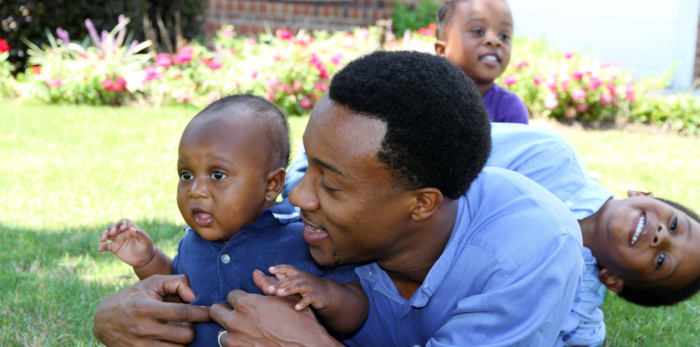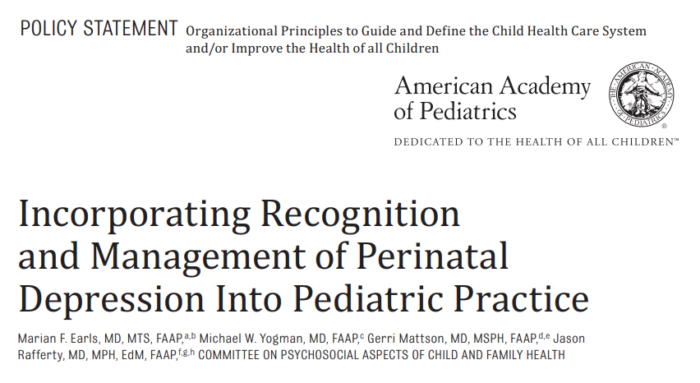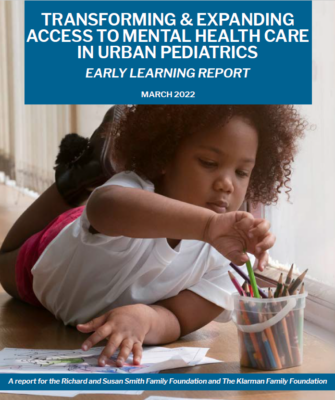State of Babies Yearbook 2021: Racism Creates Inequities in Maternal and Child Health, Even Before Birth

The State of Babies Yearbook aims to bridge the gap between science and policy with national and state-by-state data on the well-being of America’s babies. The data are clear: The state in which a baby is born makes a big difference in their chance for a strong start in life. To inform maternal and child health policy and practice, this report applies a racial and ethnic equity lens to the review of data from 2021 State of Babies Yearbook. Authors use racial and ethnic equity to refer to the process of involving those most impacted by institutional racism in the creation and implementation of policies and practices that impact their lives, and to outcomes in which race and ethnicity do not predict a person’s life course.
The report authors detail four recommendations for policymakers and practitioners to promote equity and improve maternal and child health.
Policy Recommendations
- Increase support and access to promising culturally responsive models (e.g., midwifery, doula care, group prenatal care, and breastfeeding support).
- Expand Medicaid coverage through the first year postpartum.
- Remove administrative and other barriers to support participation in the Special Supplemental Nutrition Program for Women, Infants, and Children (WIC).
- Expand access to paid family leave.






